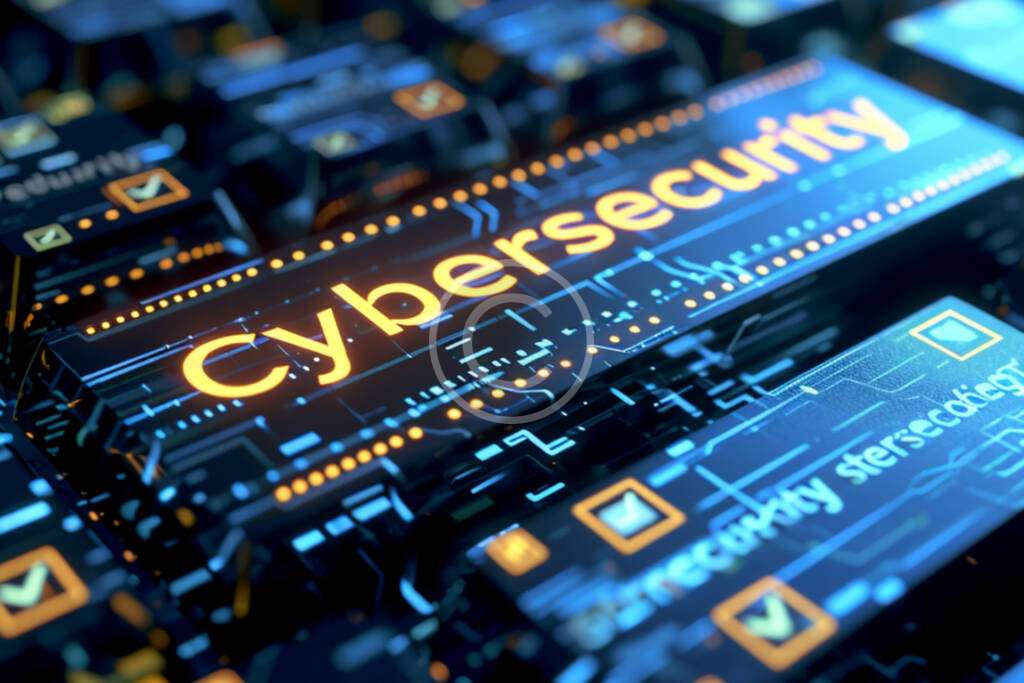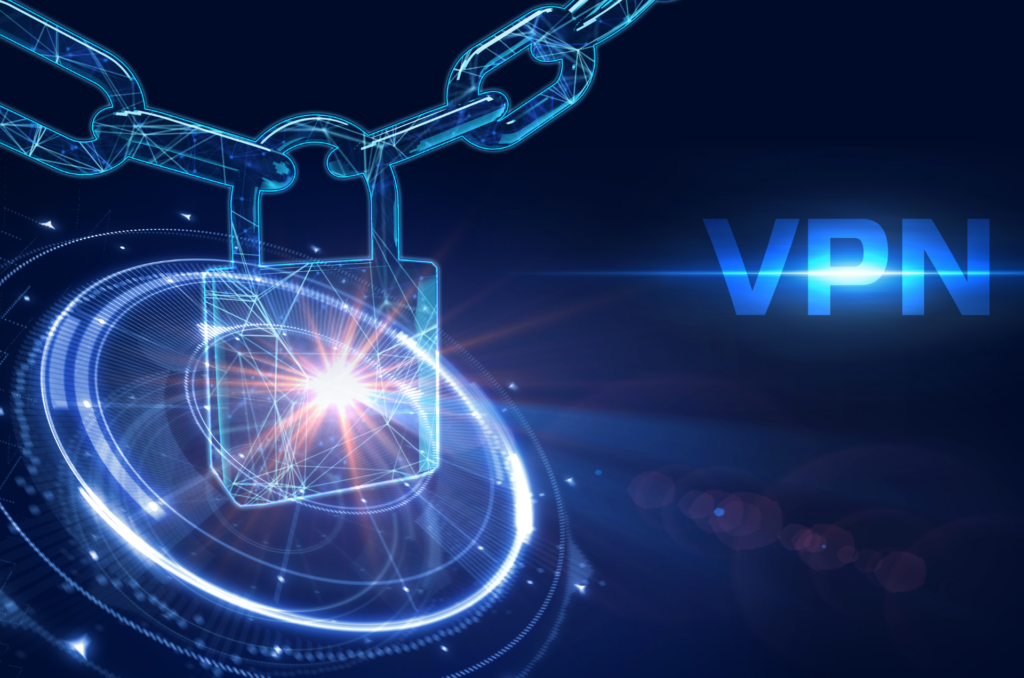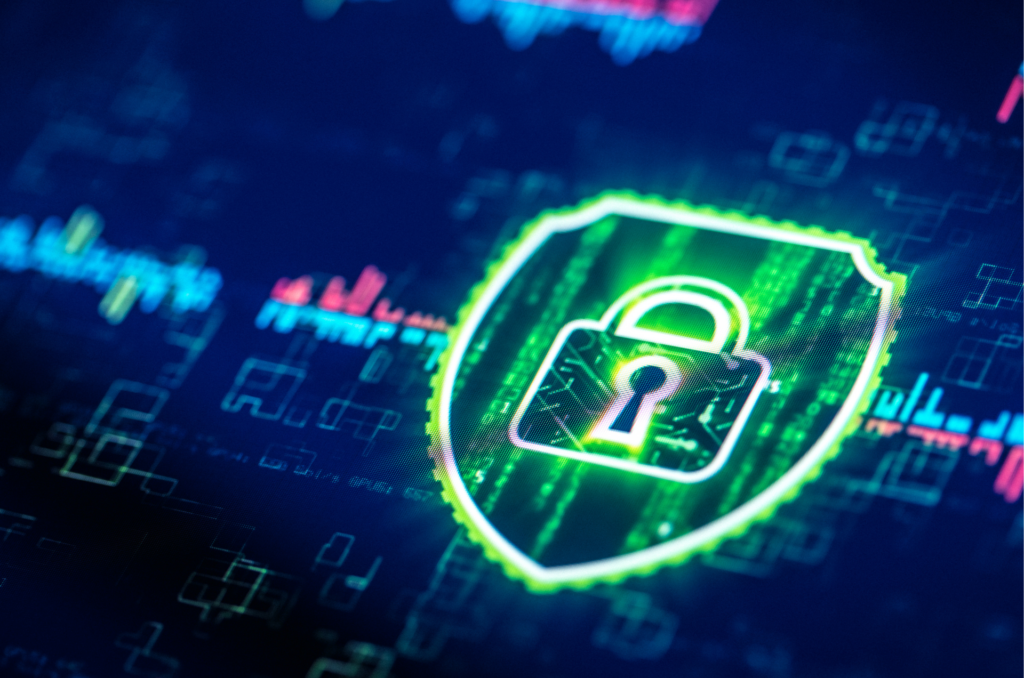In our hyper-connected world, every action we take online leaves a mark—often referred to as our digital footprint. From browsing websites to logging into social media accounts, we’re constantly leaving traces of personal information on the internet. But with this comes a risk: that our data could be exploited or fall into the wrong hands. Thankfully, Virtual Private Networks, or VPNs, provide a valuable layer of protection for our digital footprint. Here’s a comprehensive look at why VPNs are essential in today’s online landscape and how they can help secure your privacy.
What is Your Digital Footprint?
Your digital footprint is the trail of data you leave behind as you navigate the internet. This includes:
Emails and messages: Emails, chats, and messages you send can sometimes leave traces online, especially if they aren’t encrypted.
Social media interactions: Likes, comments, posts, and shares on platforms like Instagram, Twitter, and Facebook.
Website visits: Every website you visit can track your IP address, sometimes storing details about how long you stayed and what you did.
Online purchases: E-commerce sites often save details like what you’ve purchased, your browsing history, and payment information.
While much of this data is used for seemingly harmless purposes like personalized ads, it also exposes you to a range of risks, from identity theft to unwanted surveillance. A VPN is one of the best tools you can use to safeguard this digital trail.
What is a VPN, and How Does It Work?
A VPN, or Virtual Private Network, is a service that encrypts your internet connection, making it difficult for outsiders to see what you’re doing online. VPNs work by creating a secure, encrypted tunnel between your device and the internet. Here’s how it functions in a few simple steps:
- Connection to a VPN server: When you connect to a VPN, your device establishes a secure connection with a remote server.
- Masking your IP address: The VPN server assigns you a new IP address, effectively hiding your real IP and making it difficult for websites or potential attackers to trace your activities back to you.
- Encrypting your data: VPNs encrypt the data you send and receive, so even if someone intercepts it, they won’t be able to read it without the decryption key.
By masking your identity and encrypting your data, VPNs provide a powerful barrier against intrusions and prying eyes.

Why You Should Use a VPN to Protect Your Digital Footprint
1. Enhanced Privacy on Public Wi-Fi
Public Wi-Fi networks—like those in coffee shops, airports, and hotels—are notoriously insecure. These networks make it easy for hackers to intercept your data as it travels between your device and the internet. A VPN encrypts this data, keeping it safe from anyone attempting to access it without permission. This means you can browse, shop, and check your email without worrying about someone stealing your information.
2. Bypass Geographical Restrictions and Censorship
In certain regions, internet access is restricted or censored, limiting users’ ability to access information freely. A VPN allows you to connect to servers in other locations, bypassing these restrictions. For example, a user in a country with strict internet censorship could connect to a VPN server in a freer jurisdiction, allowing them to access content that would otherwise be unavailable. This not only promotes digital freedom but also shields your digital footprint from excessive government oversight.
3. Preventing Targeted Advertising
One of the major concerns with our digital footprint is how it’s used to target us with ads. Companies track our online activities, gathering data about our interests, preferences, and habits. This data is then sold to advertisers, who create highly personalized (and sometimes invasive) ads. A VPN can block many of these trackers by hiding your IP address, making it more difficult for advertisers to follow you across the web and build a profile based on your activities.
Lorem ipsum dolor sit amet, consectetur adipisicing elit, sed do eiusmod tempor incididunt ut labore et dolore magna aliqua. Ut enim ad minim veniam, quis nostrud exercitation.
Peter Jackson
4. Securing Online Transactions
When shopping or banking online, sensitive data like credit card numbers, addresses, and login credentials are transferred over the internet. A VPN provides an extra layer of encryption for these transactions, ensuring that your data remains confidential even if it’s intercepted. This is particularly useful when making transactions on public networks, where the risk of data theft is higher.
5. Mitigating the Risks of Data Breaches
Data breaches are an increasingly common problem, with cybercriminals stealing vast amounts of information from businesses, social media platforms, and other online services. While using a VPN won’t prevent a company from being hacked, it will make it much harder for hackers to link any leaked data back to you. This extra layer of protection makes it difficult for criminals to identify specific individuals based on stolen information, minimizing your personal exposure in the event of a breach.
Creative approach to very project
Not all VPNs are created equal, and choosing the right one for your specific needs is essential for optimal protection. Here are a few considerations to keep in mind:
- No-logs policy: Ensure that the VPN provider doesn’t store any logs of your activity. A no-logs policy guarantees that even if someone tries to subpoena your activity, there’s no data to access.
- Strong encryption standards: Look for a VPN that uses advanced encryption protocols, like OpenVPN or WireGuard, which offer robust security and reliability.
- Global server locations: A VPN with servers in multiple locations allows you to bypass geographic restrictions more easily, giving you access to content from around the world.
- User-friendly interface: If you’re new to VPNs, look for a provider with an easy-to-use app that makes connecting to a server simple and straightforward.
Balancing Privacy with Convenience
While VPNs are an excellent tool for protecting your digital footprint, they aren’t the only one. Strong passwords, two-factor authentication, and secure browsing habits also play a critical role in online security. VPNs can slow down your internet connection slightly, as they route your traffic through an extra server. However, for most users, this minor inconvenience is a small price to pay for the added security and privacy benefits.


In today’s digital age, protecting your online identity is not just an option—it’s a necessity. VPNs provide a simple, effective way to mask your digital footprint, protecting your privacy and keeping your data out of the hands of advertisers, hackers, and other prying eyes. Whether you’re a frequent traveler, a privacy enthusiast, or simply someone who values online security, a VPN can help you take control of your digital footprint, safeguarding your personal information and granting you greater peace of mind as you navigate the online world.




